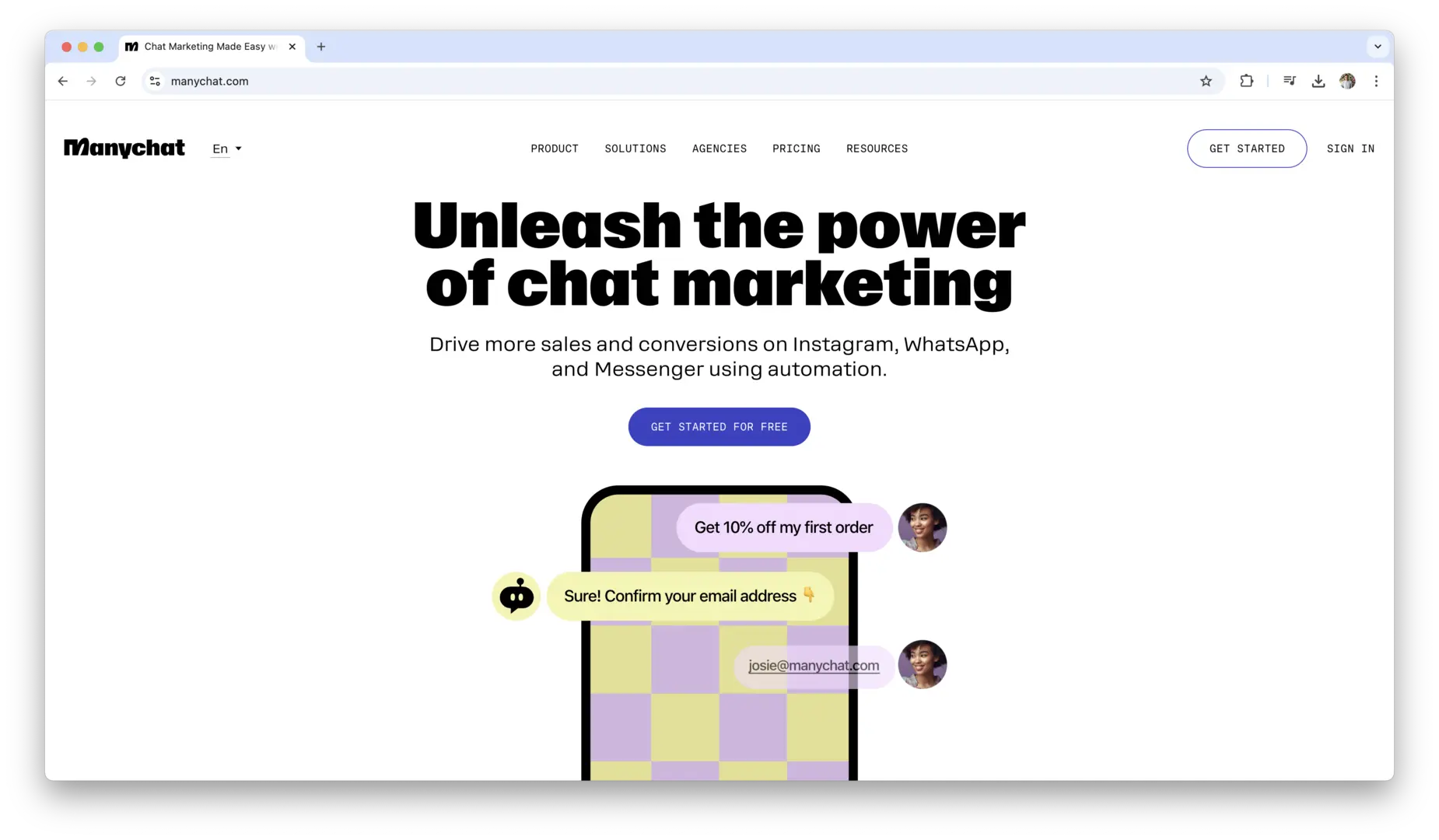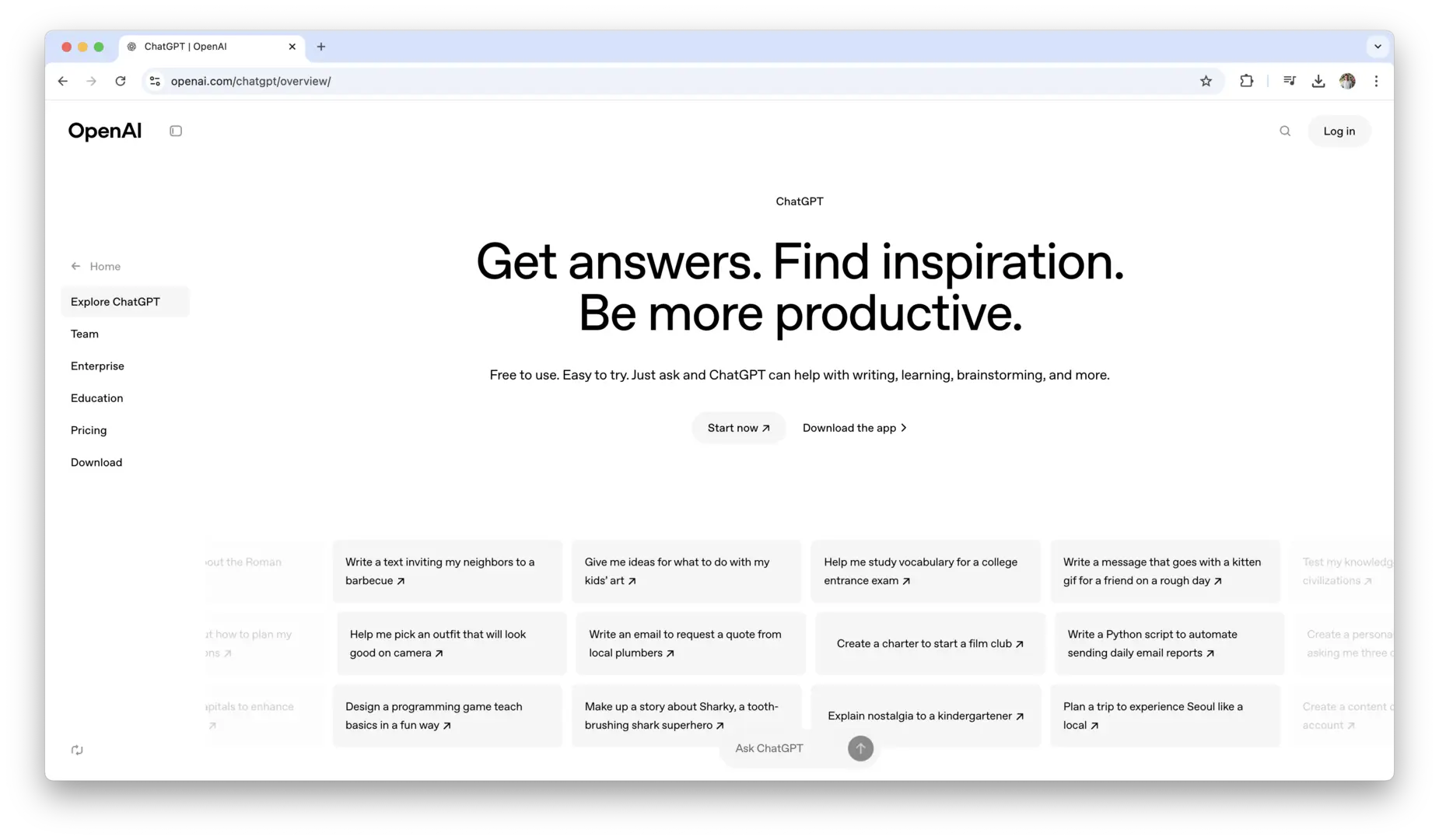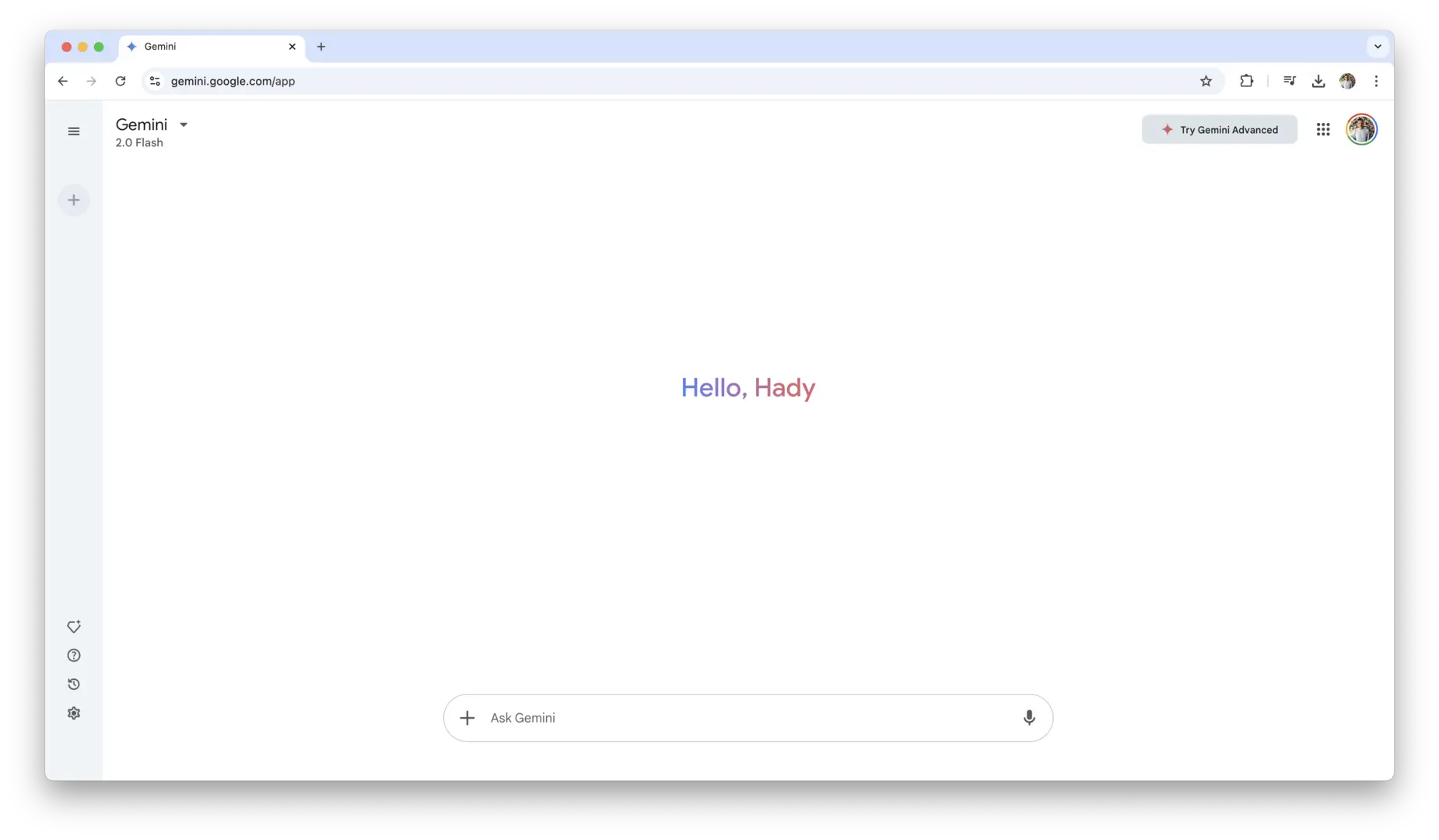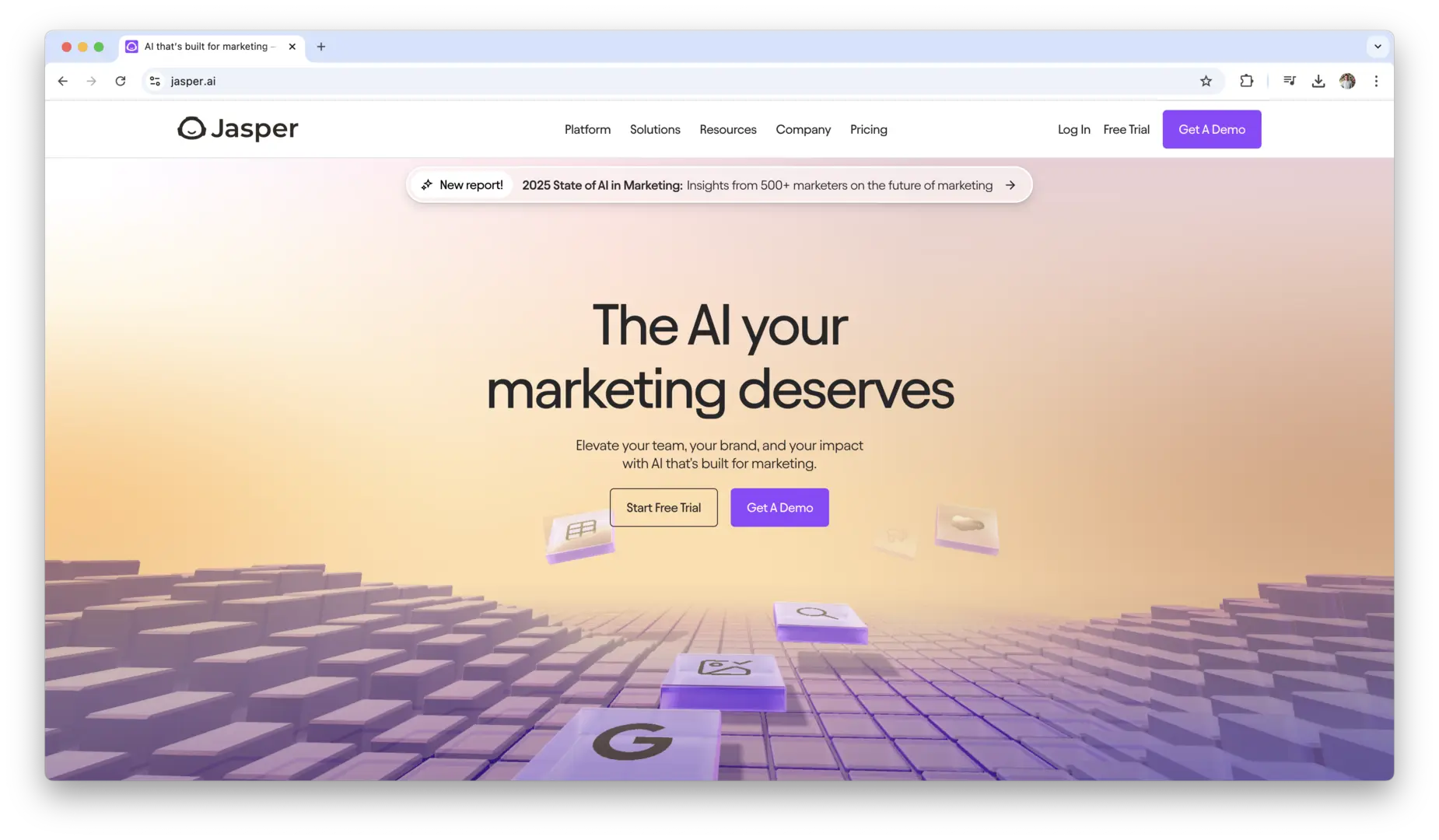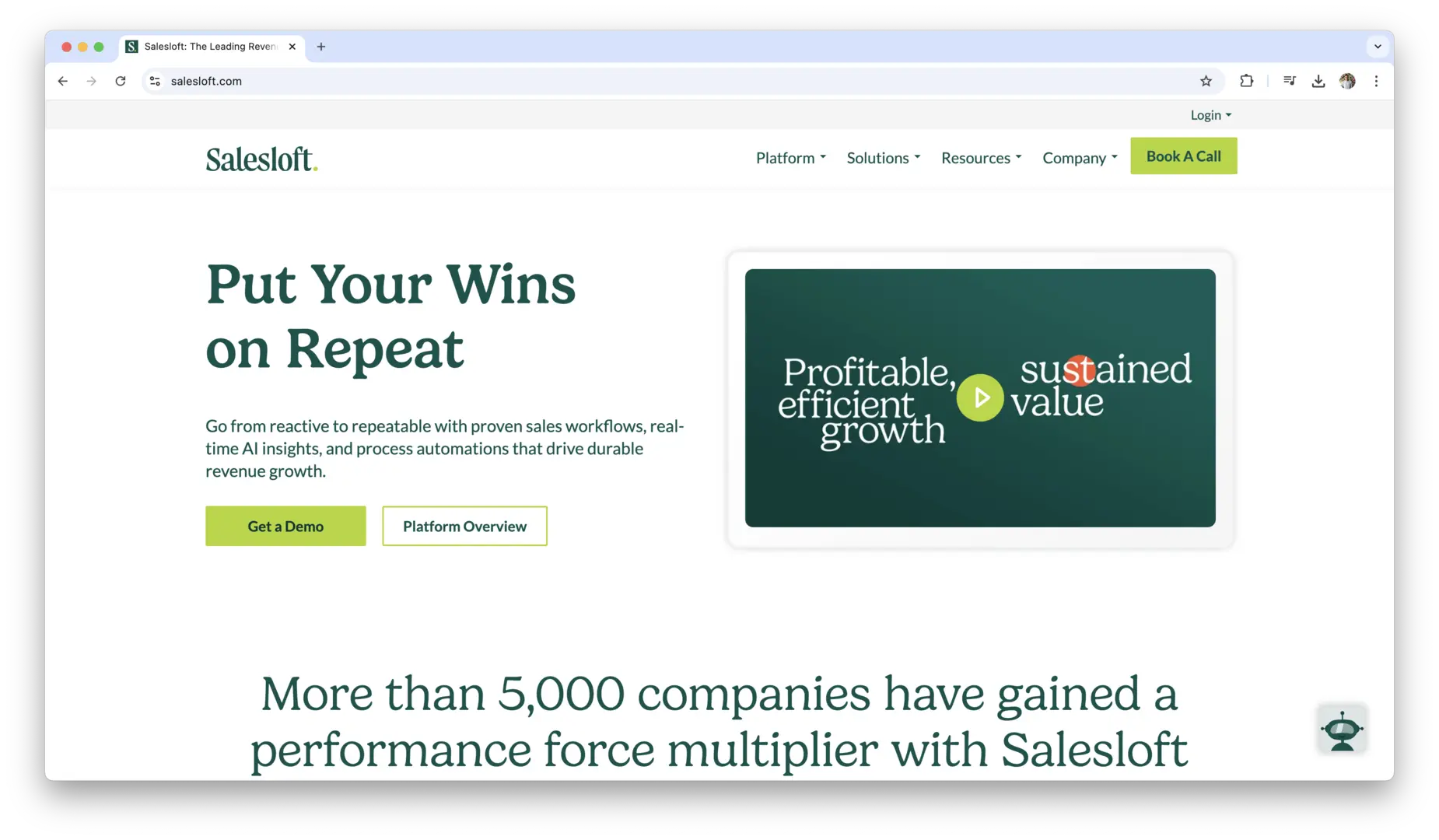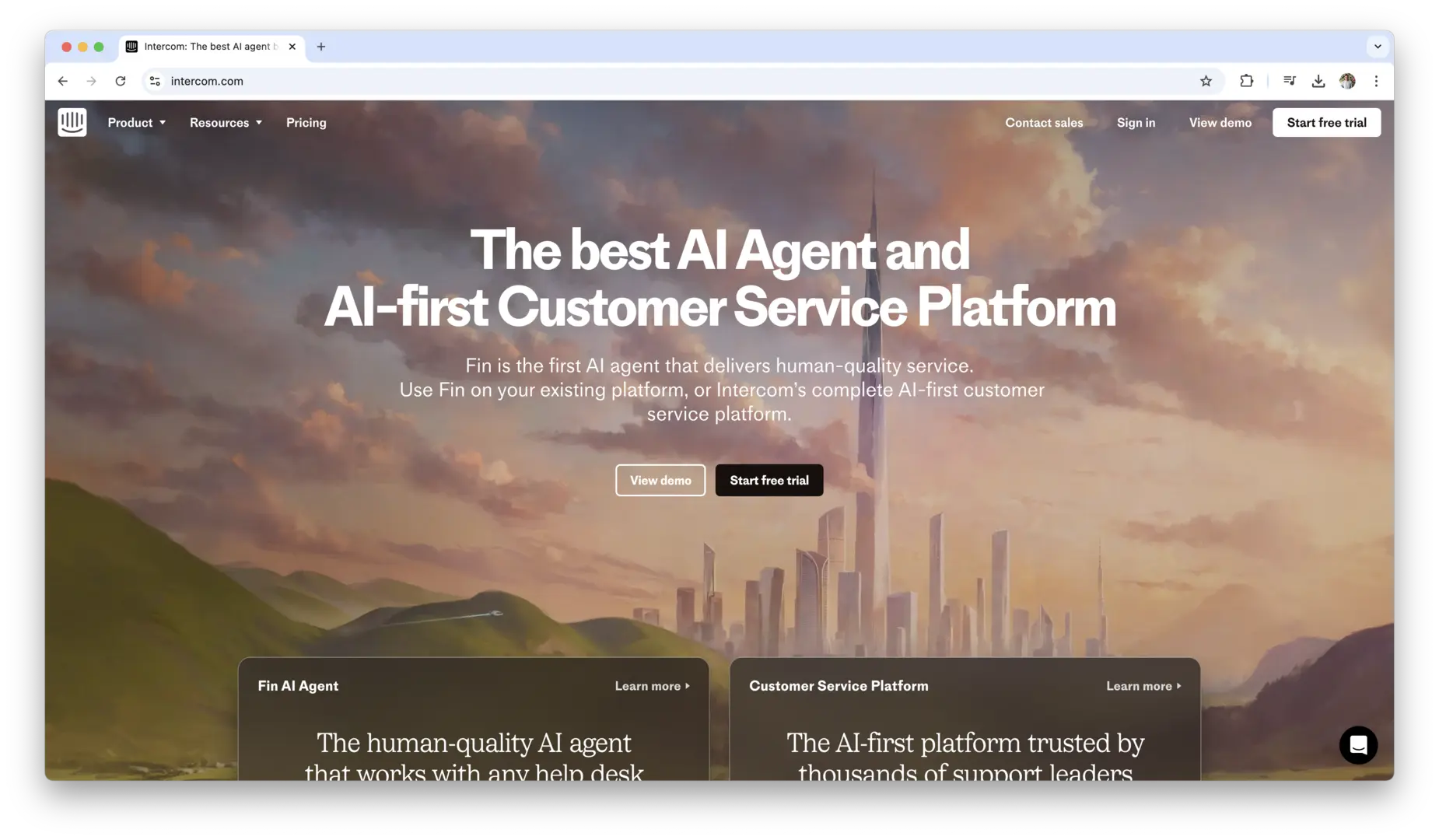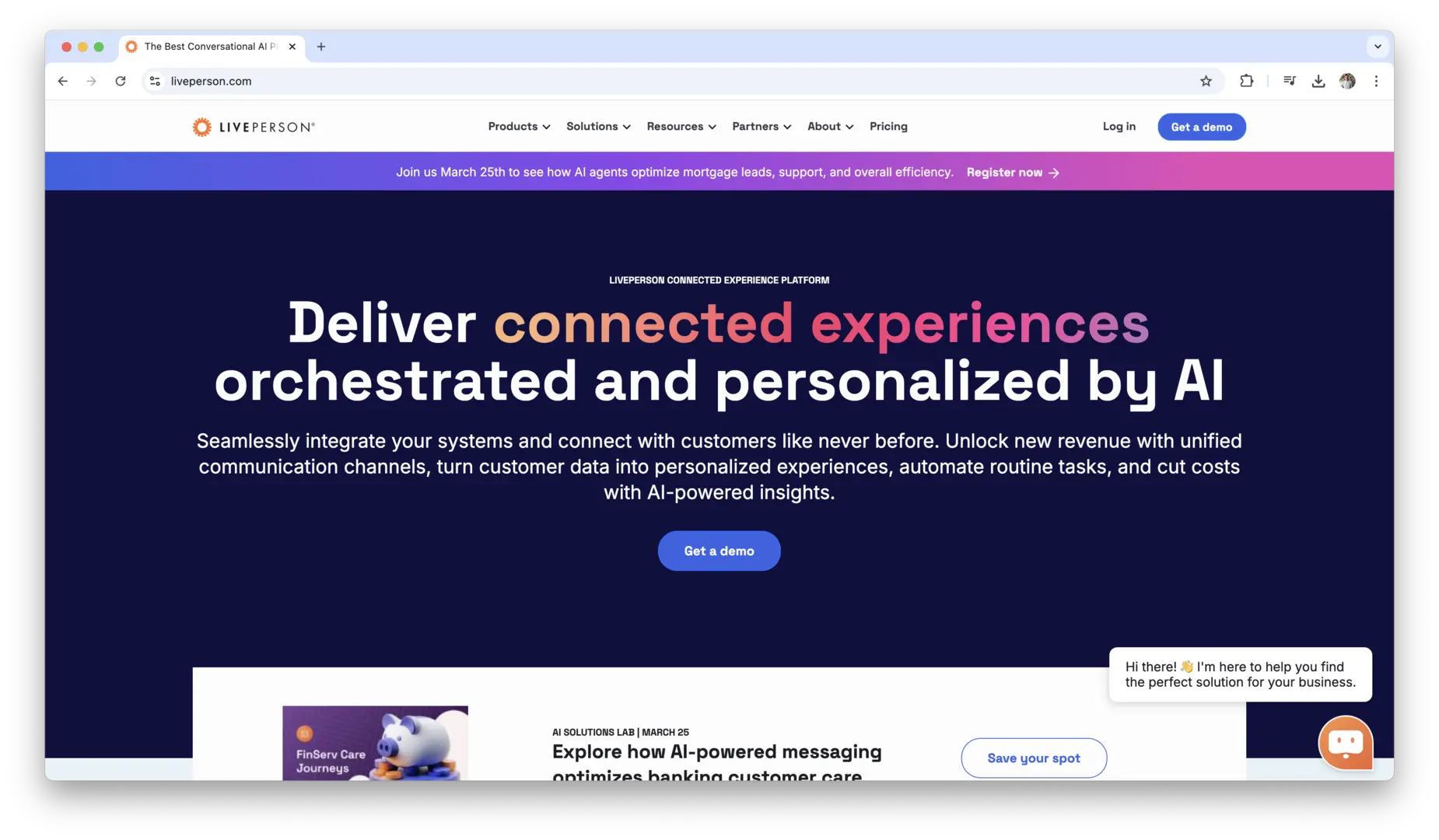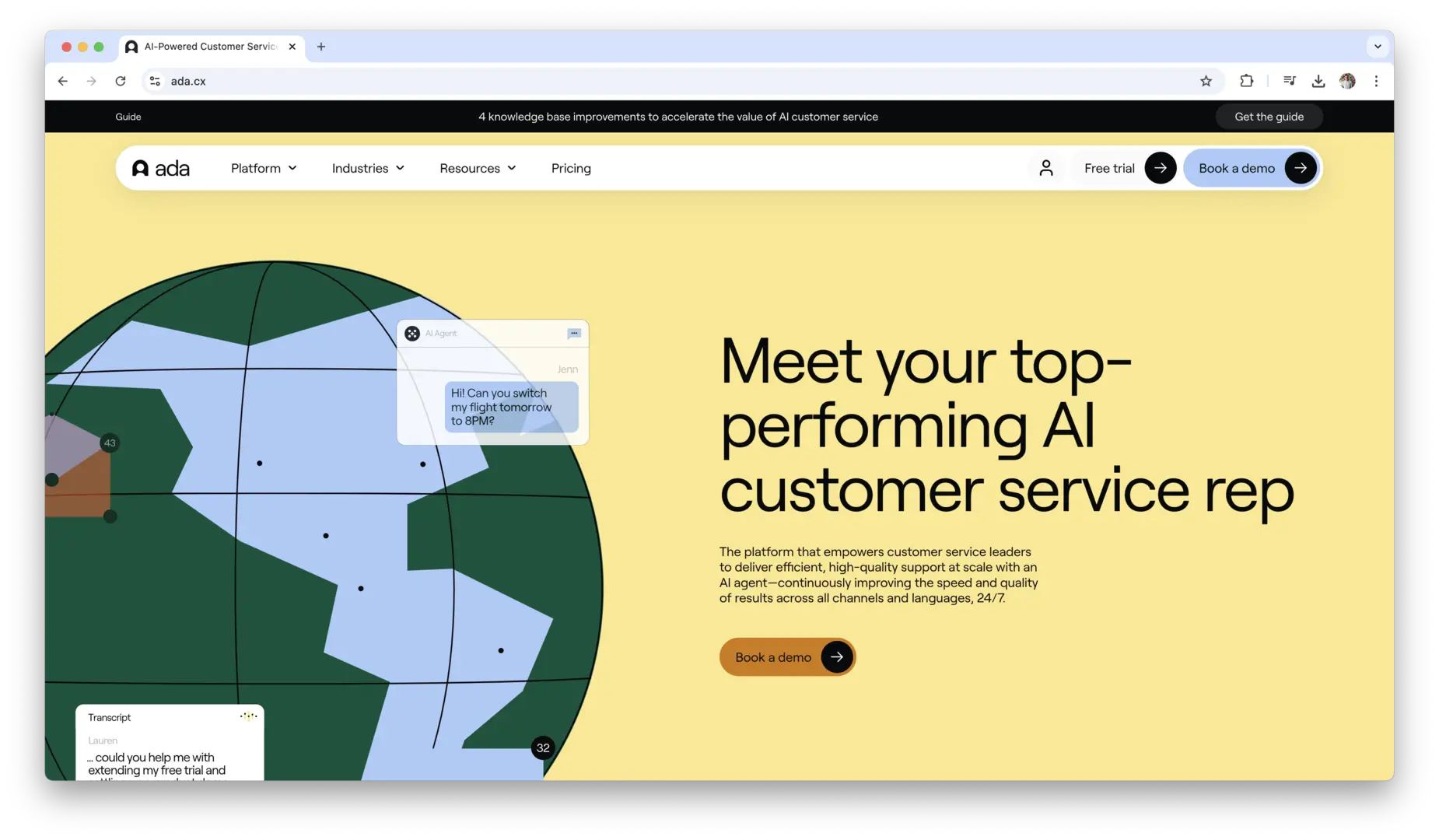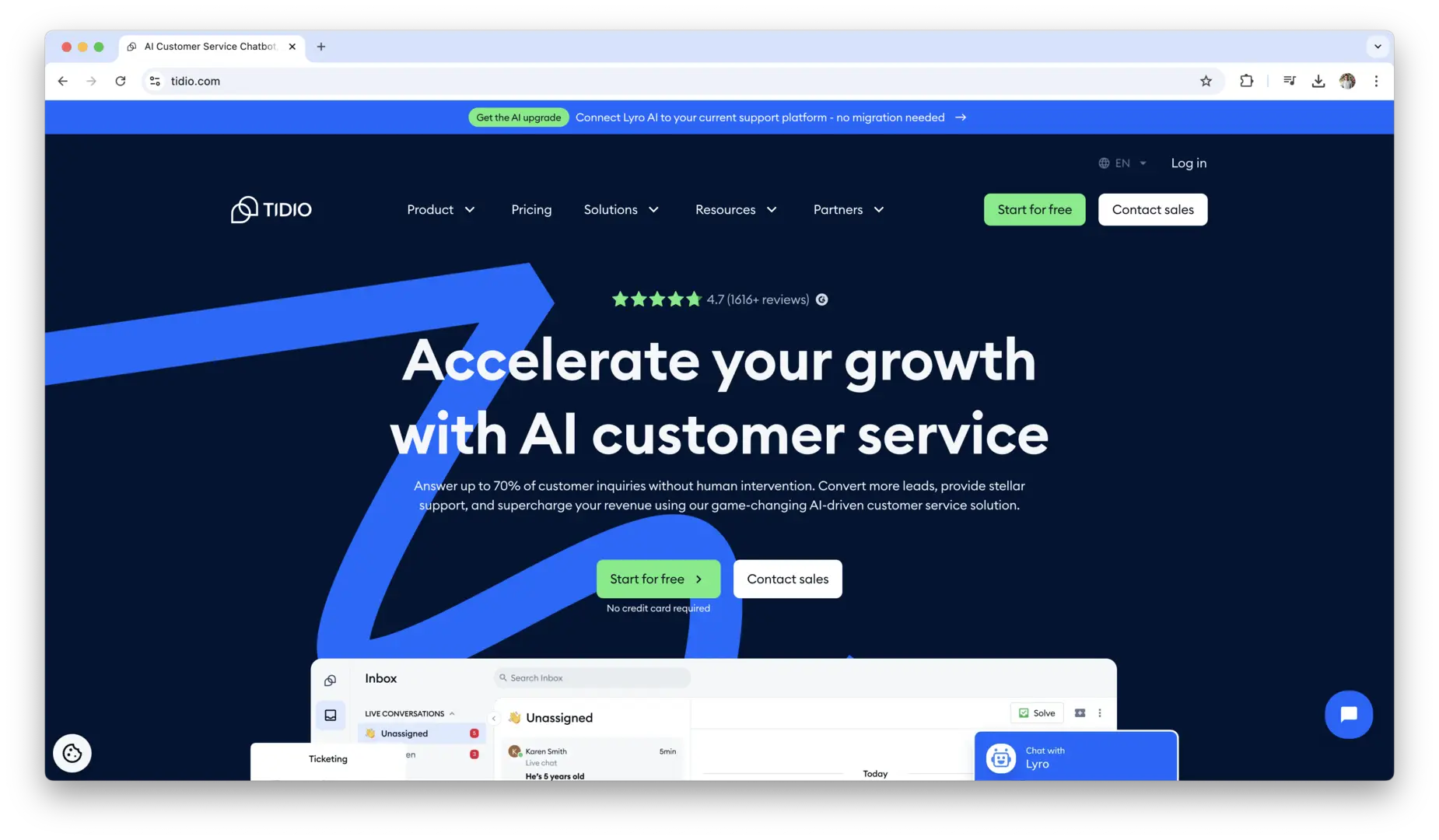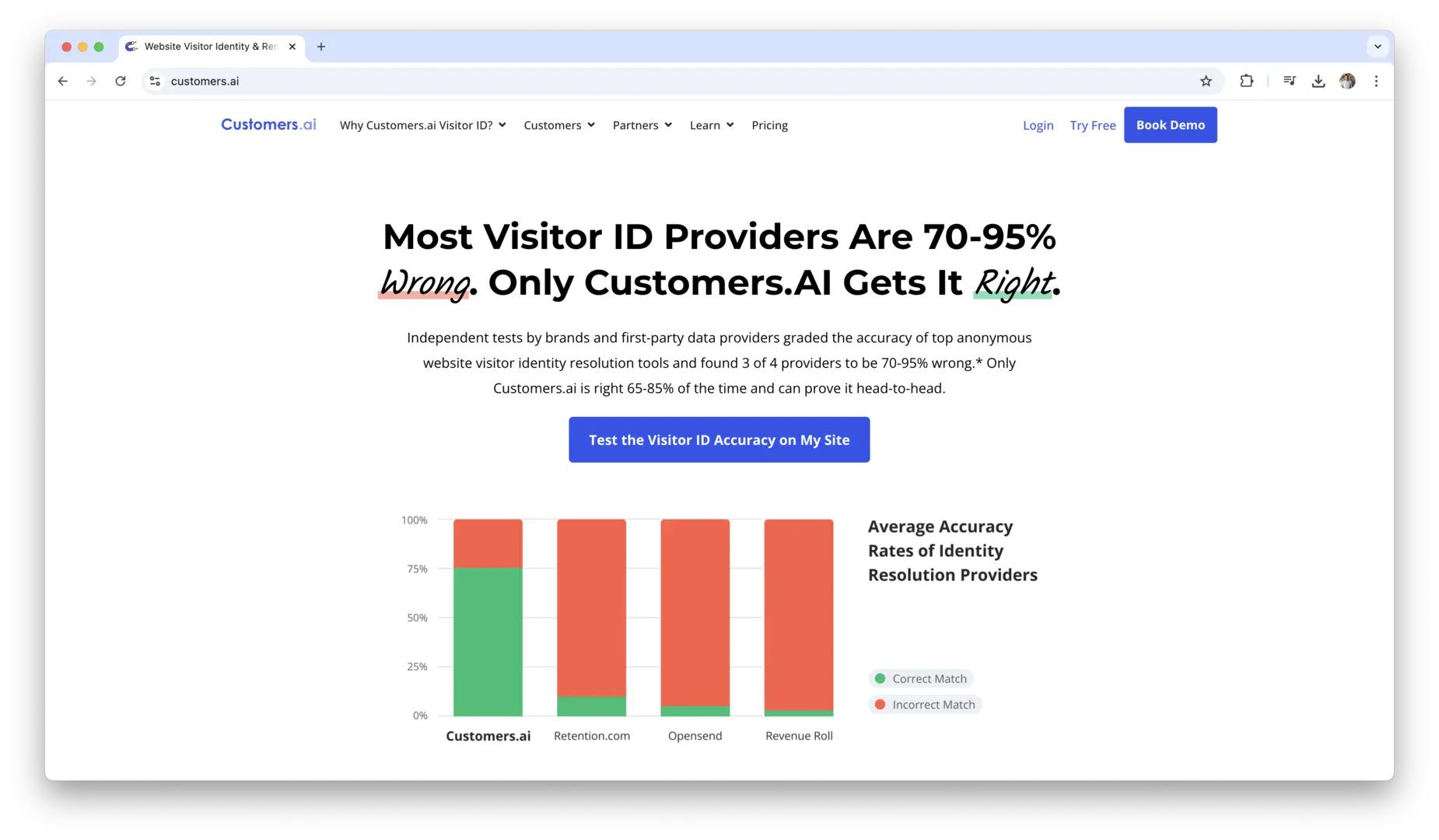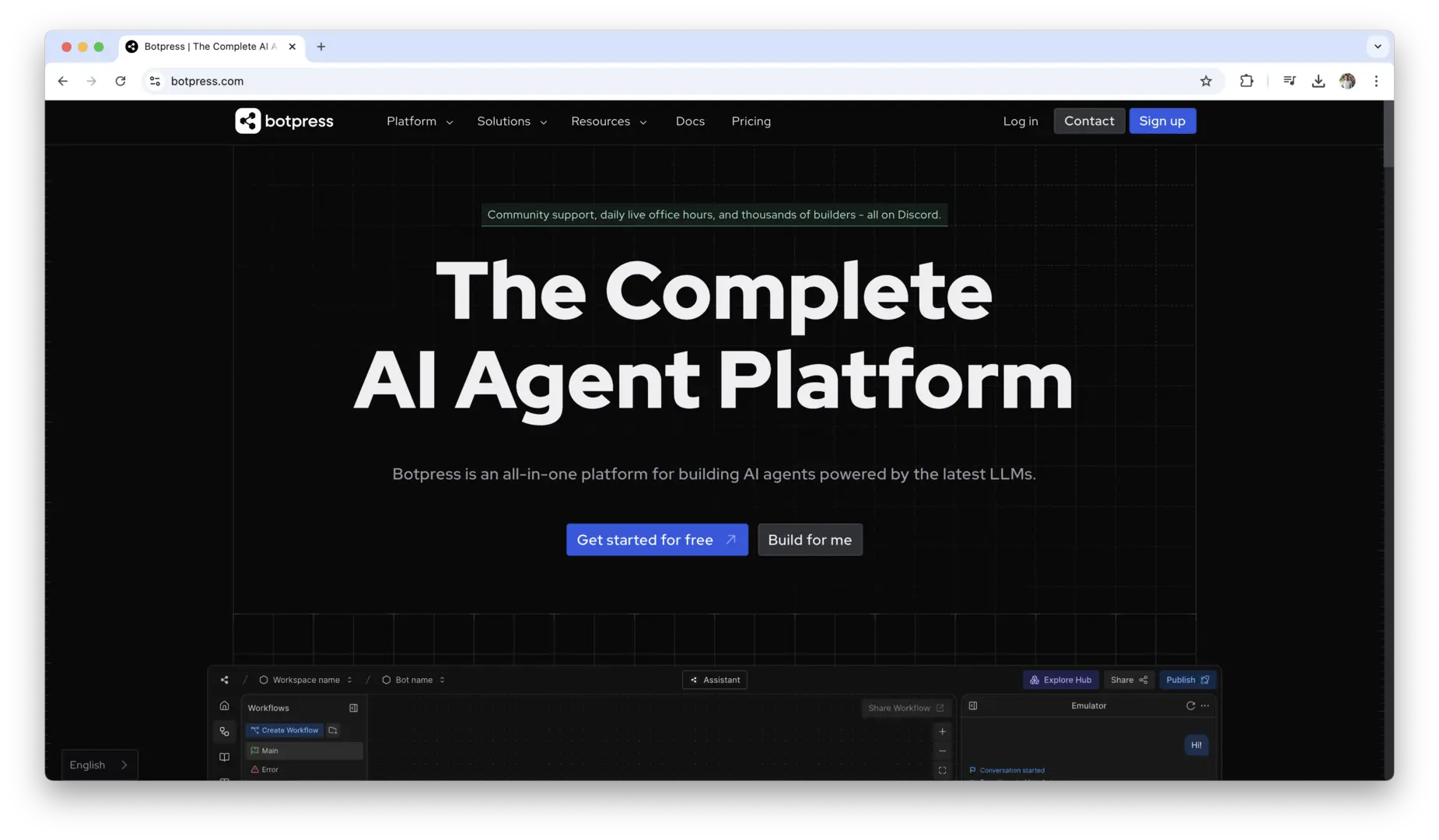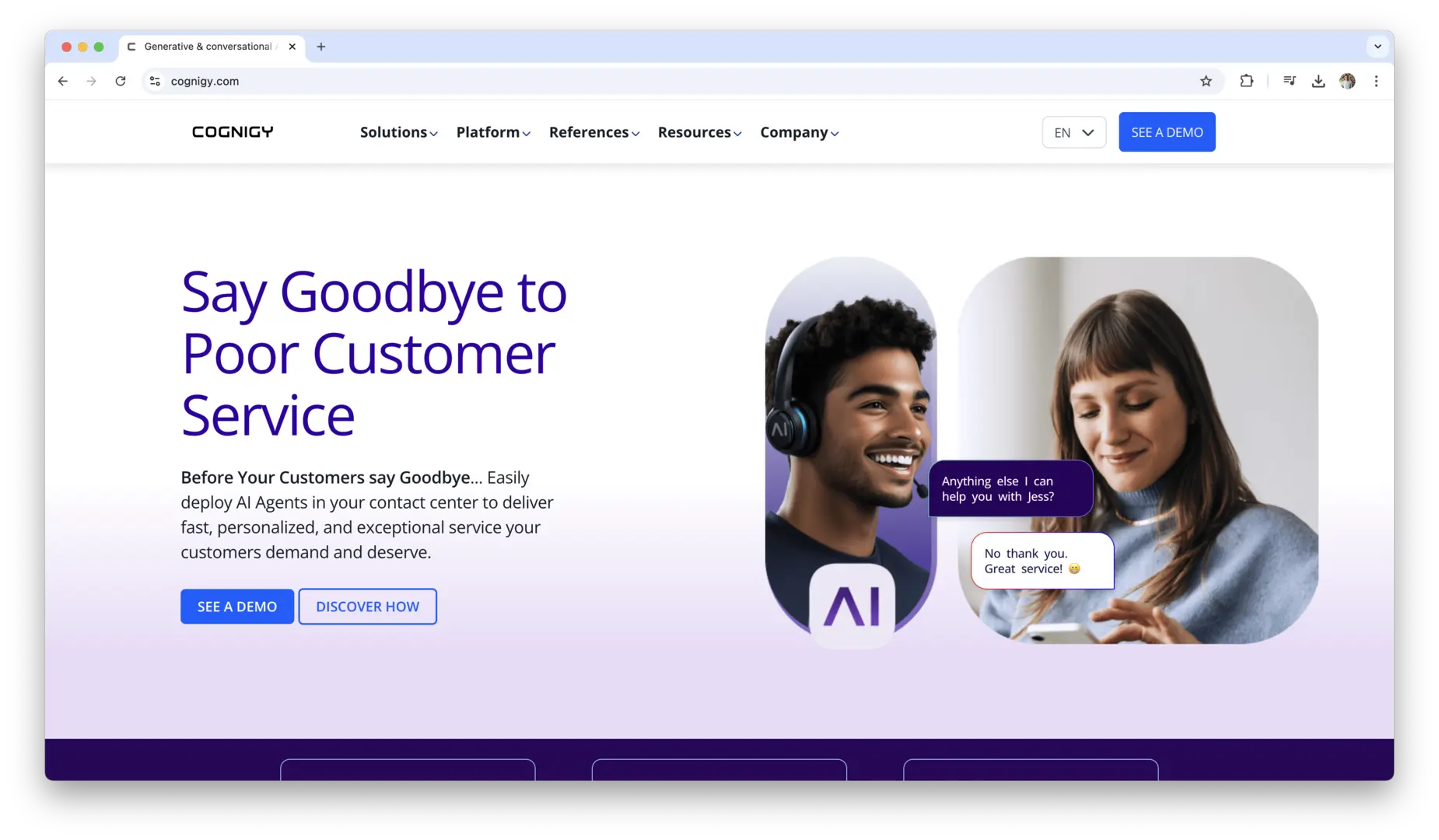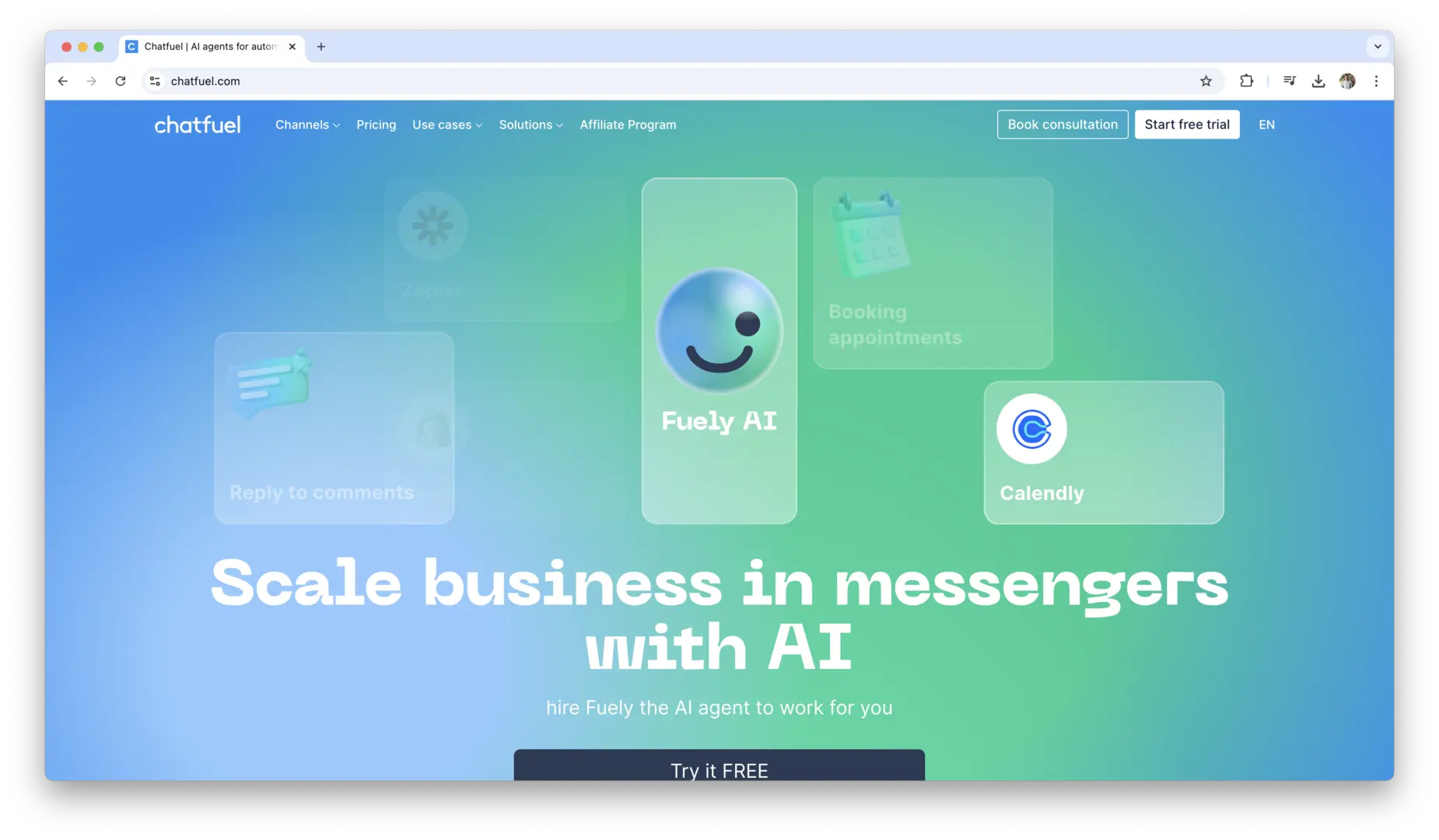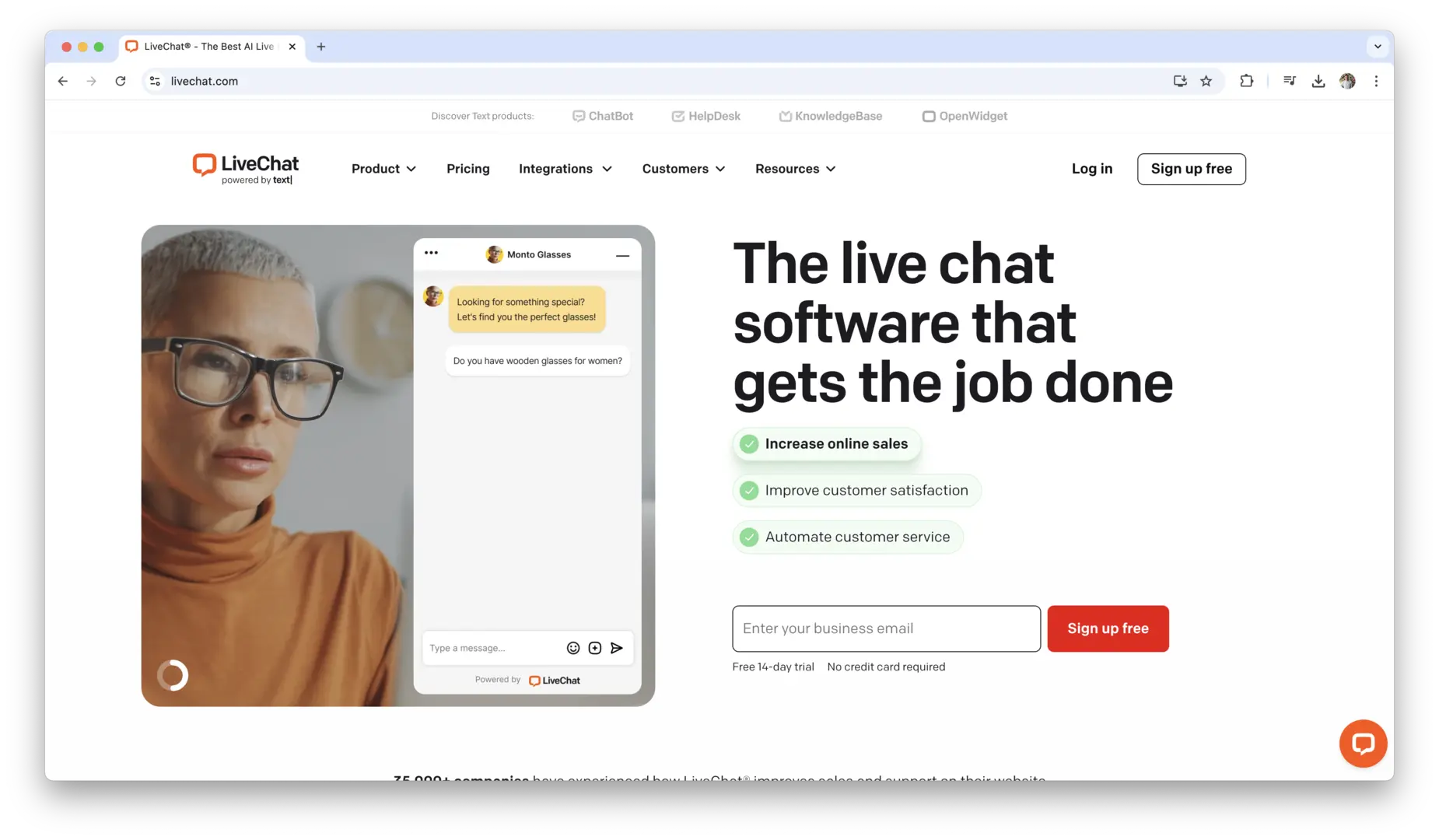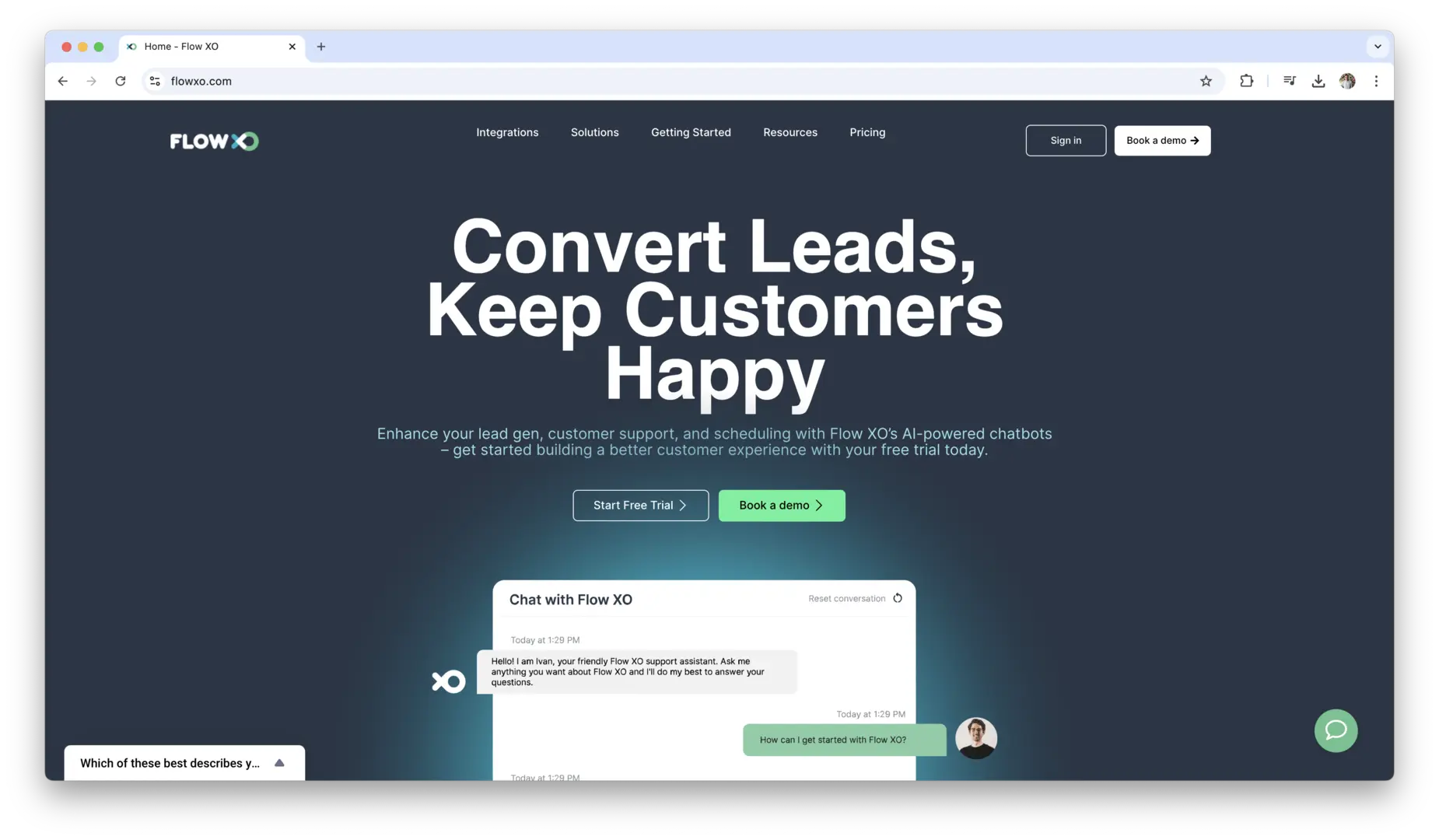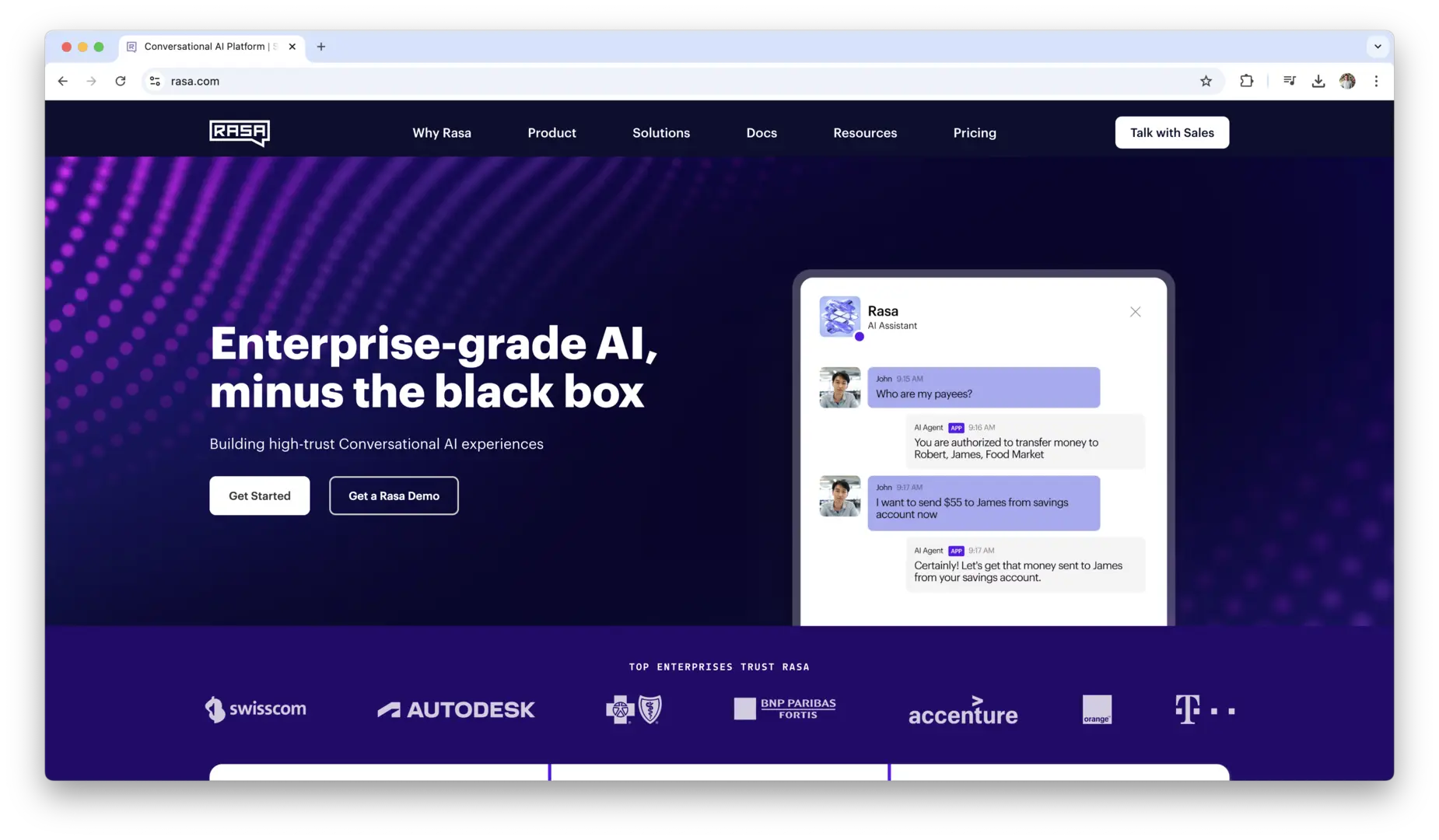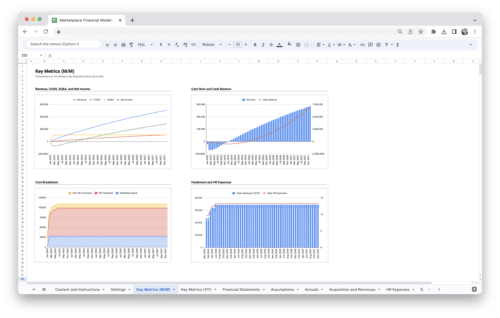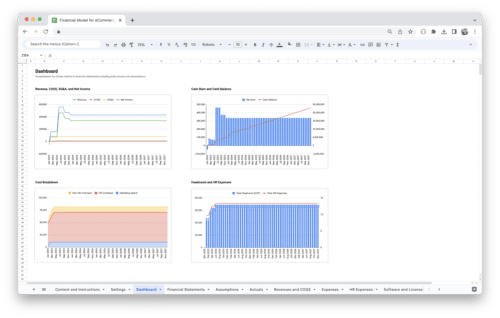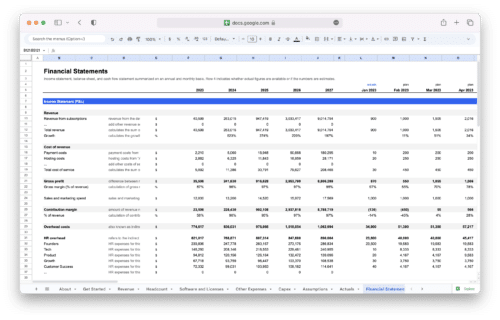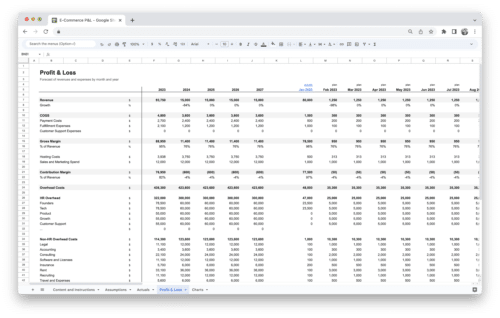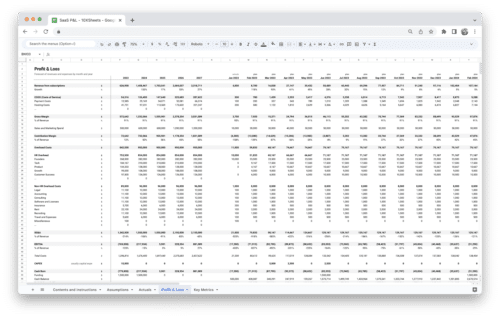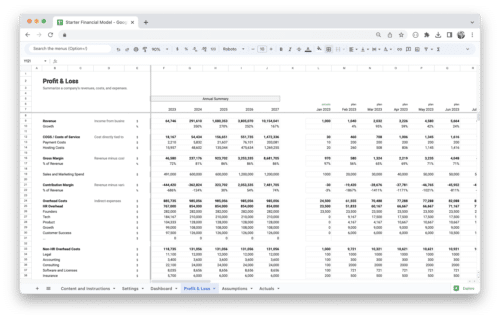Looking for the best AI chatbots to help your business grow? With so many options out there, it can be tough to know where to start. AI chatbots are transforming the way companies interact with customers, offering faster, smarter, and more personalized support. Whether you’re looking to automate customer service, boost sales, or streamline marketing efforts, the right chatbot can make a huge difference. This guide covers the top AI chatbots in 2025, explaining what they offer, how they work, and which ones are best for different needs. Let’s dive into the world of AI chatbots and find the perfect one for your business.
What Are AI Chatbots?
AI chatbots are software applications powered by artificial intelligence (AI) technologies that simulate human-like conversation. They engage with users via text or voice and use machine learning (ML) and natural language processing (NLP) to understand and respond to inquiries in a meaningful way. These chatbots are designed to mimic human behavior in communication, offering efficient, automated interactions that can serve a variety of purposes from customer support to sales assistance.
AI chatbots differ from traditional chatbots in that they learn from interactions and improve over time, offering more nuanced and personalized responses. They can interact with customers across various platforms such as websites, messaging apps, and social media channels, making them versatile tools for businesses.
The Growing Importance of AI Chatbots
As businesses strive to meet increasing customer expectations and streamline operations, AI chatbots have become invaluable tools. Here’s why they’re becoming essential:
- Cost efficiency: AI chatbots help businesses automate tasks traditionally handled by human agents, reducing operational costs and improving scalability.
- Customer demand for instant responses: Customers expect quick, real-time responses, and AI chatbots can deliver this 24/7, ensuring that businesses remain accessible around the clock.
- Improved customer satisfaction: With their ability to provide instant, accurate, and personalized responses, AI chatbots elevate customer satisfaction by resolving issues quickly and effectively.
- Multichannel engagement: AI chatbots enable businesses to communicate with customers across multiple touchpoints, from websites to mobile apps and social media, providing a seamless experience.
- Data-driven insights: AI chatbots capture valuable data from every interaction, offering businesses the opportunity to analyze trends, preferences, and pain points to optimize customer experiences and drive smarter decision-making.
How AI Chatbots Work?
AI chatbots operate by using advanced algorithms and technologies like natural language processing (NLP) and machine learning (ML). Here’s a breakdown of how they work:
- User Input Processing: The chatbot first processes the user’s input, breaking it down into manageable components. This could be a simple question, command, or statement.
- Natural Language Understanding (NLU): Once the input is processed, the chatbot uses NLU to identify the meaning behind the user’s words. This allows the bot to understand context, sentiment, and intent.
- Response Generation: Based on its understanding, the chatbot generates an appropriate response, which is then sent back to the user. Some chatbots are programmed to pull from predefined scripts, while others may use machine learning to generate more dynamic and personalized replies.
- Learning and Adaptation: As AI chatbots interact with more users, they collect data and continuously improve their responses through machine learning. This learning process allows chatbots to handle more complex queries and offer smarter, more personalized experiences over time.
How AI Chatbots Are Revolutionizing Customer Interaction
AI chatbots are transforming how businesses interact with their customers by enabling real-time communication, offering personalized responses, and automating mundane tasks. Here’s how they’re changing customer interaction:
- Real-Time Support: Unlike traditional methods where customers have to wait for human agents to become available, AI chatbots provide immediate responses, reducing waiting times and increasing customer satisfaction.
- Personalized Conversations: AI chatbots can analyze past interactions and customer data to provide tailored, context-aware responses that resonate with individual customers. This makes each interaction feel more personal and human-like.
- Proactive Engagement: AI chatbots don’t just respond to inquiries; they can proactively engage customers based on specific triggers or events, such as a website visit or a potential issue flagged in a previous interaction. This kind of proactive service enhances customer experience and can drive conversions.
- Multi-Channel Engagement: AI chatbots can operate across multiple communication channels, ensuring that customers receive consistent, high-quality interactions no matter where they engage with the business—be it on the website, via social media, or through messaging apps.
- Data Collection and Analysis: Every conversation an AI chatbot has provides valuable data that can be analyzed to improve customer interaction strategies, personalize service offerings, and enhance business decision-making.
Types of AI Chatbots
There are several types of AI chatbots, each designed to serve specific needs and industries. Understanding the different types will help you choose the right one for your business. Here are the most common types:
- Customer Support Chatbots: These chatbots are designed to assist customers by answering frequently asked questions, troubleshooting common issues, and providing product recommendations or updates.
- Sales and Lead Generation Chatbots: These chatbots focus on qualifying leads, guiding prospects through the sales funnel, and scheduling appointments or demos with sales representatives.
- E-commerce Chatbots: Specialized for online stores, these chatbots assist with product recommendations, order tracking, inventory inquiries, and other shopping-related tasks.
- Healthcare Chatbots: AI-powered chatbots in healthcare help with appointment scheduling, answering health-related queries, managing patient information, and even providing basic diagnostics.
- Human Resources Chatbots: These chatbots automate HR tasks such as answering employee questions about policies, benefits, and payroll, as well as assisting with recruitment by screening resumes and scheduling interviews.
Machine Learning and NLP in AI Chatbots
Machine learning (ML) and natural language processing (NLP) are the core technologies behind AI chatbots, enabling them to understand and respond intelligently to human language. Here’s a deeper dive into both:
- Machine Learning (ML): ML allows chatbots to “learn” from past interactions. Over time, as they gather more data, their responses become more accurate and effective. They use algorithms to detect patterns and make predictions, improving the chatbot’s ability to handle complex requests. For example, if a customer frequently asks about a particular product feature, the chatbot will learn to highlight that feature in future conversations without needing explicit programming.
- Natural Language Processing (NLP): NLP enables chatbots to understand human language by analyzing text or voice input. It goes beyond simple keyword matching by interpreting syntax, semantics, and context to deliver more relevant responses. NLP allows chatbots to identify intent, recognize sentiment, and even manage multi-turn conversations, making them far more sophisticated than their rule-based counterparts.
Together, machine learning and NLP work hand-in-hand to create chatbots that are not only reactive but also adaptive, providing more personalized and intelligent interactions with every conversation. These technologies are continually evolving, which means AI chatbots will keep improving, offering even smarter customer experiences in the future.
Benefits of AI Chatbots
AI chatbots bring a wealth of benefits to businesses looking to optimize operations, improve customer experience, and streamline workflows. The growing adoption of AI-powered tools has made these chatbots an integral part of industries ranging from customer support to sales. Here’s a look at the key benefits AI chatbots offer.
- 24/7 Availability: AI chatbots are always on, providing instant responses to customers around the clock, regardless of time zone. This ensures that businesses can serve customers at any hour, improving customer satisfaction and reducing response time.
- Cost Savings: By automating tasks that would traditionally require human agents, AI chatbots can significantly reduce labor costs while improving operational efficiency. This can free up your team to focus on more complex tasks that require a human touch.
- Improved Customer Experience: Chatbots can engage with customers in real-time, providing personalized, consistent, and accurate responses. This leads to faster resolution of issues and helps build stronger relationships with customers.
- Automation of Repetitive Tasks: AI chatbots can handle routine and repetitive tasks like answering frequently asked questions, processing orders, scheduling appointments, and sending reminders. This boosts efficiency and allows human staff to focus on more strategic initiatives.
- Lead Generation and Qualification: Chatbots can automatically qualify leads by gathering relevant information, identifying potential customers, and passing them to the sales team at the right stage of the sales funnel. This can speed up the conversion process and increase overall sales.
- Data Collection and Insights: AI chatbots can gather valuable data from customer interactions, offering insights into customer behavior, preferences, and pain points. This data can be used to optimize products, services, and marketing strategies.
- Scalability: As businesses grow, so too can their customer interactions. AI chatbots can handle an increasing number of requests simultaneously, allowing businesses to scale customer support without adding additional human resources.
- Reduced Human Error: Chatbots eliminate human error in repetitive tasks like data entry or query responses, ensuring consistent and accurate information is provided every time.
- Personalization: By analyzing customer data and previous interactions, AI chatbots can offer tailored recommendations, advice, and responses, making each interaction feel unique and relevant.
- Enhanced Sales Funnel Efficiency: AI chatbots can guide prospects through the sales funnel by nurturing leads, answering queries, and offering product recommendations. This enhances the conversion process and shortens the sales cycle.
Top AI Chatbots
The AI chatbot landscape is rapidly evolving, with several top players offering cutting-edge features and capabilities that are transforming how businesses interact with customers. These chatbots are built on powerful artificial intelligence technologies, such as natural language processing (NLP) and machine learning (ML), enabling them to understand and respond to customer inquiries in a human-like manner. Below are some of the top AI chatbots in 2025 that are leading the charge in customer engagement and automation.
ManyChat
ManyChat is one of the most popular AI chatbots for businesses looking to automate communication on social media platforms like Facebook Messenger, Instagram, and WhatsApp. ManyChat focuses on marketing automation, offering powerful tools to engage customers, promote products, and increase sales. It uses conversational AI to guide users through purchasing decisions, booking appointments, or answering FAQs.
With ManyChat, businesses can create personalized customer journeys, send automated follow-up messages, and segment customers based on their preferences or behaviors. ManyChat also integrates with CRM systems and email marketing tools, offering businesses a unified approach to customer communication and engagement.
ChatGPT by OpenAI
ChatGPT, powered by OpenAI, has become one of the most popular and versatile AI chatbots available. Built on the GPT-4 architecture, ChatGPT can generate sophisticated, context-aware responses, making it ideal for a wide range of applications, from customer support to content creation and even coding assistance. The chatbot’s natural conversational abilities allow it to simulate a human-like dialogue, handling complex queries with ease.
One of ChatGPT’s standout features is its ability to understand and process diverse topics, making it highly adaptable for businesses across industries. It is used for everything from answering customer questions in real time to providing personalized recommendations based on user input. Additionally, its AI-driven learning capabilities enable it to improve over time, offering better and more relevant responses with each interaction. ChatGPT is also scalable, supporting businesses of all sizes and seamlessly integrating with a variety of platforms.
Google Gemini
Google Gemini, previously Google Bard, built on Google’s cutting-edge Gemini AI, is designed to enhance search and conversation capabilities, taking advantage of Google’s vast knowledge base. Gemini stands out for its integration with Google Search, enabling it to provide up-to-date, highly relevant answers and generate detailed, insightful content based on real-time data. This makes it particularly valuable for businesses that rely on staying ahead of trends and providing accurate, dynamic content to their users.
Gemini’s conversational abilities are backed by advanced natural language processing (NLP), which helps it understand the intent behind user queries. This allows it to offer more precise and personalized responses. For businesses in need of a chatbot that can deliver relevant, data-driven insights, Gemini is a top contender. Its integration with Google’s ecosystem also provides added flexibility for businesses already using tools like Google Ads, Google Analytics, and more, making it easier to manage customer interactions across multiple touchpoints.
Jasper AI
Jasper is an AI chatbot that is widely recognized for its prowess in content creation, making it a perfect tool for businesses in marketing, copywriting, and e-commerce. Jasper can generate high-quality blog posts, social media content, email copy, and more, helping businesses scale their content production without sacrificing quality. Its AI capabilities are built around understanding user intent and tailoring the content to suit specific needs, whether that’s for SEO optimization, lead generation, or customer engagement.
Jasper’s success lies in its ability to streamline workflows for marketing teams. With built-in templates and AI-driven insights, it can help create content that resonates with target audiences and aligns with business objectives. Additionally, Jasper’s learning abilities mean it can adapt to different tones, voices, and branding styles, making it an invaluable asset for any content-focused business.
Salesloft
Salesloft, previously Drift AI, specializes in providing automated sales and marketing solutions, making it a standout chatbot for businesses focused on driving revenue and improving lead conversion rates. Salesloft is designed to qualify leads in real-time, engage prospects, and even schedule meetings with sales representatives—all without requiring human intervention. The chatbot uses natural language processing and machine learning to understand customer intent, ensuring that only qualified leads are passed on to the sales team.
Salesloft also integrates seamlessly with a variety of CRMs and marketing platforms, allowing for smooth data flow and a consistent experience across channels. By automating the lead generation and qualification process, Salesloft helps businesses close deals faster, reduce response times, and increase overall sales productivity. Its ability to analyze interactions and improve lead scoring over time makes it an excellent tool for businesses looking to optimize their sales funnel.
Intercom
Intercom is a comprehensive chatbot solution that provides both automated and human-driven customer support. Known for its versatility, Intercom offers features that cater to a wide range of customer service needs, from answering simple questions to handling complex troubleshooting tasks. It combines AI with human support, ensuring that customers get the help they need when they need it, while also giving businesses the ability to scale their support operations.
What makes Intercom particularly powerful is its ability to integrate deeply with a business’s existing tools and workflows. The chatbot can be seamlessly integrated into websites, apps, and social media platforms, offering a consistent, cross-channel support experience. Intercom also provides robust analytics, allowing businesses to track performance metrics, identify customer pain points, and improve the chatbot’s efficiency over time. With its blend of AI-powered automation and live agent support, Intercom is ideal for businesses that want to offer a hybrid, scalable customer service solution.
LivePerson
LivePerson stands out as one of the best AI chatbots for businesses that need an intelligent conversational platform to handle customer interactions across a variety of touchpoints. With its powerful natural language understanding and sentiment analysis, LivePerson is designed to provide businesses with an AI that not only responds to customer queries but also understands their emotions and tone, allowing for more empathetic and effective conversations.
LivePerson is particularly well-suited for industries such as telecommunications, banking, and retail, where customer interactions can be complex and require a deeper understanding. Its conversational AI can be integrated into websites, mobile apps, and messaging platforms, making it an omnichannel solution that ensures businesses are always accessible to their customers. LivePerson also excels in scalability, handling large volumes of customer interactions simultaneously without compromising response quality or speed.
Ada
Ada is a powerful AI chatbot designed primarily for customer support automation. With its easy-to-use interface, Ada allows businesses to create customized, automated support workflows that can handle high volumes of customer inquiries. Ada’s AI leverages machine learning and NLP to understand customer questions and respond accurately and quickly. Its ability to seamlessly integrate with existing platforms like Zendesk, Salesforce, and Shopify makes it an excellent choice for businesses looking to streamline customer service while maintaining high-quality interactions.
Ada also offers multi-language support, allowing businesses to cater to customers worldwide. It’s especially favored in industries like e-commerce, telecommunications, and retail, where providing timely support is crucial. With Ada, businesses can automate up to 80% of customer interactions, freeing human agents to handle more complex queries.
Tidio
Tidio is a versatile AI chatbot that combines live chat and automation to offer a seamless customer support experience. It’s known for its ability to integrate with e-commerce platforms like Shopify, WordPress, and BigCommerce, making it an ideal solution for online stores. Tidio offers robust AI-powered chat features such as automatic lead capture, personalized responses, and real-time support, ensuring that businesses can engage customers effectively at all times.
Tidio’s chatbot can be used for customer support, order tracking, and providing product recommendations. It also features a user-friendly interface, enabling businesses to set up and manage their chatbot easily. With its ability to handle routine inquiries and support tasks, Tidio helps reduce response time and improve customer satisfaction.
Customers.ai
Customers.ai, previously MobileMonkey, is an AI chatbot that specializes in marketing automation, helping businesses enhance their social media presence, engage customers, and increase conversions. It works across multiple messaging platforms like Facebook Messenger, SMS, and web chat, enabling businesses to communicate with customers wherever they are.
Customers.ai is known for its ease of use and powerful automation features, such as lead qualification, personalized follow-up messages, and automated booking systems. It helps businesses streamline their marketing workflows by automating repetitive tasks and nurturing leads through conversational experiences. Customers.ai also offers tools for building customer segments and delivering targeted messages based on user behavior.
Botpress
Botpress is an open-source conversational AI platform that allows businesses to build custom chatbots with advanced features. Botpress provides developers with the tools needed to create highly interactive chatbots that can handle complex conversations, making it suitable for companies that require a tailored solution.
One of Botpress’s unique features is its ability to integrate with various messaging platforms and databases, making it highly flexible. It supports advanced NLP and machine learning techniques, allowing businesses to build chatbots that can process diverse inputs and understand context. Botpress is especially useful for enterprises with specific chatbot needs and a development team to customize the platform.
Cognigy
Cognigy is an enterprise-level conversational AI platform that empowers businesses to build chatbots capable of handling high-volume customer interactions across various channels. Its AI is powered by natural language understanding and machine learning, enabling businesses to create intelligent, multi-turn conversations that can tackle even the most complex inquiries.
Cognigy offers a range of customization options and integration capabilities, making it an ideal choice for large-scale businesses with advanced customer support or sales needs. It’s designed to support a wide range of industries, including telecommunications, banking, and retail. Cognigy’s platform enables businesses to design, train, and deploy chatbots without requiring deep technical expertise, ensuring that AI-powered interactions are accessible to teams across an organization.
Chatfuel
Chatfuel is one of the leading chatbot platforms for creating AI-powered chatbots for Facebook Messenger, Telegram, and other messaging platforms. Chatfuel’s user-friendly interface makes it easy for businesses to create bots that can answer questions, engage users, and drive sales, without any coding required.
Chatfuel’s AI capabilities include NLP, which enables the bot to understand customer intent and offer personalized responses. It also offers tools for automating marketing campaigns, generating leads, and improving customer service. Businesses can create workflows, trigger automatic responses, and build sophisticated chatbots with the platform’s intuitive drag-and-drop builder. Chatfuel is particularly favored by businesses in e-commerce, marketing, and customer service for its simplicity and powerful features.
LiveChat
LiveChat is an AI chatbot solution focused on providing seamless, real-time support to customers across multiple channels. It integrates with websites, mobile apps, and social media platforms, enabling businesses to provide instant responses to customer inquiries. LiveChat offers AI-powered chatbots that can answer frequently asked questions, process orders, and help with troubleshooting, providing businesses with a scalable customer service solution.
The chatbot’s AI is backed by machine learning, which allows it to improve the more it interacts with users. LiveChat is designed to enhance human agent performance by providing them with insightful data from conversations, helping them make informed decisions and resolve issues more quickly. It’s an excellent solution for companies that require a balance of automation and human touch.
Flow XO
Flow XO is an AI chatbot platform that enables businesses to automate conversations and workflows across various channels like websites, messaging apps, and social media. With Flow XO, businesses can create highly customizable chatbots capable of managing customer interactions, processing orders, scheduling appointments, and more.
Flow XO uses natural language processing to provide intelligent responses and understand user intent. It offers integrations with over 100 services, including CRMs, email marketing tools, and payment gateways, ensuring that businesses can create a seamless customer experience across their entire stack. Flow XO is ideal for businesses looking to deploy chatbots quickly and efficiently without needing extensive technical knowledge.
Rasa
Rasa is an open-source conversational AI platform that allows businesses to create sophisticated, customizable AI chatbots. Rasa’s platform is designed for businesses that require advanced conversational AI solutions and offers complete control over the chatbot development process. It uses machine learning and NLP to understand user queries and deliver contextually relevant responses.
Rasa’s strength lies in its flexibility and scalability. Businesses can train the chatbot using their own data, enabling it to handle a wide range of industry-specific queries. With Rasa, companies can create intelligent bots capable of managing complex conversations, making it a popular choice for businesses in sectors like finance, healthcare, and e-commerce.
These AI chatbots represent the forefront of conversational AI technology, offering businesses diverse and highly effective tools for customer engagement, lead generation, content creation, and more. As AI continues to evolve, these chatbots will likely only become more powerful and integral to business operations. Whether you need an AI-driven content creator, a customer support assistant, or a sales assistant, these chatbots offer top-tier solutions that can drive efficiency and enhance customer experience.
AI Chatbot Features to Look For
When choosing an AI chatbot, it’s essential to know which features will best support your business objectives. Different AI chatbots come with a variety of capabilities, and understanding these features will help you make a more informed decision. Below are some of the most important features to consider when evaluating potential AI chatbot solutions.
Natural Language Understanding (NLU)
Natural Language Understanding (NLU) is one of the core components of any AI chatbot. NLU helps the chatbot understand human language by breaking down and interpreting text in a way that makes sense. Chatbots equipped with NLU can grasp the intent behind the words, even when phrased in a casual or ambiguous way.
A powerful NLU means that your chatbot will understand more than just keywords. It can comprehend context, idioms, and even the emotional tone of the conversation. This ability is essential for delivering a more human-like experience to your customers.
Personalization and Context Awareness
AI chatbots that can remember previous interactions and use that context to personalize future conversations are a game changer. Context awareness allows chatbots to handle more complex conversations, making them seem more natural and responsive.
Personalization goes beyond just remembering a customer’s name. It means understanding their preferences, past purchases, or previous support issues. This helps the chatbot deliver responses tailored to the individual’s needs, making them feel valued and understood.
For instance, if a customer asks about a product they’ve purchased in the past, a chatbot with context awareness can recall their previous purchase and offer support or recommendations based on that information.
Multi-Channel Support
Customers today interact with businesses through a variety of channels, including websites, mobile apps, social media platforms, and messaging apps like WhatsApp, Facebook Messenger, and even SMS. For your AI chatbot to be truly effective, it must be able to engage customers on multiple channels without skipping a beat.
Multi-channel support ensures that your chatbot can respond to customers regardless of the platform they choose. It offers a seamless experience, allowing users to continue their conversations across different touchpoints without having to restart or repeat themselves.
AI-Powered Analytics and Insights
One of the most powerful features of AI chatbots is their ability to collect data from every interaction. These insights can be invaluable for improving your customer experience, refining sales strategies, and optimizing your workflows.
Look for a chatbot that offers detailed analytics, including metrics like conversation volume, response times, sentiment analysis, and user engagement. By analyzing these metrics, you can identify patterns, pain points, and areas for improvement in your chatbot’s performance.
For example, if your chatbot’s analytics reveal that many users abandon the conversation at a certain point, you can use that data to adjust the flow and make it more user-friendly.
Integration Capabilities
For your chatbot to function effectively, it needs to integrate seamlessly with the systems and platforms your business already uses. Whether it’s your CRM, email marketing tools, or customer support platform, integrations are essential for a smooth workflow.
Look for AI chatbots that offer robust integrations with the tools you’re already using. For instance, if you use a CRM like Salesforce, an AI chatbot that integrates with it will automatically capture lead information and update customer profiles in real-time, saving time and ensuring data accuracy.
Automation of Routine Tasks
One of the primary benefits of AI chatbots is their ability to handle repetitive tasks, such as answering frequently asked questions, scheduling appointments, or even processing basic orders. The ability to automate these tasks not only reduces workload but also improves operational efficiency.
When evaluating chatbots, consider whether they offer automation capabilities that align with your business needs. For example, an AI chatbot could automate the process of qualifying leads, freeing up your sales team to focus on closing deals.
Scalability and Flexibility
As your business grows, so too should your chatbot. A scalable AI chatbot can handle increasing volumes of interactions without compromising performance. Additionally, it should be flexible enough to adapt to your changing needs, whether that means adding new features, expanding into new markets, or supporting new languages.
Ensure the AI chatbot you choose can grow with your business and offer customization options to meet future needs. This could include adding new workflows, creating custom conversation paths, or integrating additional systems.
Security and Compliance
Given the sensitive nature of customer data, security and compliance are critical considerations when choosing an AI chatbot. Ensure the platform adheres to industry standards for data protection, including GDPR, CCPA, and SOC 2 certifications.
Security features such as encryption, two-factor authentication, and role-based access control are also essential for ensuring that customer data is protected and that only authorized individuals can access sensitive information.
24/7 Availability and Performance
One of the major benefits of AI chatbots is their ability to provide round-the-clock support, ensuring that customers can reach out at any time. This means you can offer instant responses no matter the time zone or day of the week.
AI chatbots should be able to perform consistently under various loads, maintaining performance even during high traffic periods. If your chatbot is sluggish or experiences downtime, it can negatively impact the customer experience.
Multilingual Support
For businesses operating in multiple regions or serving a global customer base, multilingual support is a must-have. A chatbot that can communicate in different languages ensures that you can provide an inclusive and seamless experience for customers worldwide.
AI chatbots with multilingual capabilities can automatically detect the user’s language and switch to it, offering a more personalized and efficient interaction. Be sure to look for a chatbot that supports the languages your target market uses.
How to Choose the Best AI Chatbot for Your Business?
Choosing the right AI chatbot can feel like a daunting task given the vast array of options available. However, by focusing on a few key aspects—such as identifying your business needs, evaluating features, and understanding your budget—you can make an informed decision that will set you up for success. Here’s a breakdown of how to approach this decision and what factors to keep in mind.
Identifying Your Business Needs
The first step in choosing the right AI chatbot is to clearly define what you want the chatbot to accomplish. Different businesses have different needs, and understanding those needs will guide your selection process.
Start by asking yourself:
- What tasks do I want to automate? Are you looking to streamline customer support, assist in lead generation, or manage appointments? Different chatbots excel at different tasks, so knowing exactly what you need will help narrow down your choices.
- What are your key objectives? If you’re primarily interested in improving customer satisfaction, choose a chatbot with robust natural language understanding (NLU) and context awareness. If you’re focused on sales, look for a chatbot with strong lead qualification features.
- What industries are you in? Some chatbots are tailored to specific industries, such as e-commerce, healthcare, or hospitality. If you’re in one of these sectors, you might want to choose a chatbot that has been optimized for the unique challenges of your industry.
By defining your goals and understanding the specific requirements of your business, you can find a chatbot that aligns with your objectives, whether that’s providing customer support, generating leads, or handling routine tasks.
Evaluating Features and Integration Capabilities
Once you have a clear understanding of your business needs, the next step is to evaluate the features offered by different AI chatbots. Every chatbot offers a unique set of capabilities, and you should choose one that has the features most relevant to your objectives.
Key features to consider include:
- Natural Language Understanding (NLU): If your goal is to have meaningful conversations with customers, a chatbot with strong NLU will be essential. NLU enables the chatbot to understand and respond to a variety of questions and requests in a way that feels natural and human-like.
- Automation: If you want to automate specific tasks, such as lead qualification or appointment scheduling, make sure the chatbot offers these functionalities. A chatbot with powerful automation tools can save you time and reduce human error.
- Multi-Channel Support: Businesses today engage customers across multiple channels, from websites to social media and messaging apps. Choose a chatbot that can integrate seamlessly with your existing communication platforms.
- Analytics and Reporting: Look for a chatbot that provides valuable insights through analytics. This can include metrics like conversation volume, sentiment analysis, and user engagement, helping you make data-driven decisions.
Integration capabilities are just as important as the features themselves. Choose a chatbot that can integrate with the systems and tools you already use, such as CRM systems, email marketing platforms, and helpdesk software. A chatbot that integrates smoothly with your existing workflows will save time and enhance operational efficiency.
Considering Budget and ROI
Budget is always an important consideration when selecting an AI chatbot. Different chatbots have different pricing models, and you’ll want to find one that fits your financial constraints while offering the features you need.
First, determine your budget for a chatbot. Some chatbots offer free versions with limited functionality, which might be a good option if you’re just starting out. However, as your business grows and your needs evolve, you may need to invest in a premium version that offers more advanced features.
Next, consider the potential return on investment (ROI) that a chatbot can deliver. Chatbots are designed to automate tasks, improve customer satisfaction, and streamline processes—all of which can save time and money. If you can reduce the need for human agents or increase your sales through automation, the chatbot will quickly pay for itself.
Here are a few factors to consider when estimating ROI:
- Time savings: How many hours will the chatbot save your team each week by automating repetitive tasks?
- Lead generation: Will the chatbot help generate more leads or convert more visitors into paying customers?
- Operational efficiency: Will it reduce errors, streamline workflows, or make your team more productive?
If the benefits of automation outweigh the cost of the chatbot, it’s likely a good investment.
Security, Compliance, and Data Privacy Considerations
When selecting an AI chatbot, security should be a top priority. Chatbots often handle sensitive customer information, such as payment details, personal data, and conversations that can include confidential business information. Ensuring that the chatbot you choose adheres to robust security standards is critical to maintaining trust with your customers and complying with data privacy regulations.
Look for chatbots that offer features like:
- Data encryption: This ensures that any sensitive information exchanged between the user and the chatbot is securely transmitted.
- Two-factor authentication: For added security, two-factor authentication can ensure that only authorized users have access to sensitive data or chatbot controls.
- Role-based access: This allows you to control who in your organization can access specific features or data within the chatbot platform.
In addition to security, it’s important to consider whether the chatbot complies with relevant data privacy regulations. For businesses in Europe, the chatbot must comply with the General Data Protection Regulation (GDPR), which governs the handling of personal data. Similarly, in the U.S., businesses must ensure that the chatbot complies with the California Consumer Privacy Act (CCPA).
Ensure the chatbot provider is transparent about how they handle and store data, and that they have proper safeguards in place to protect your customers’ privacy. This can prevent data breaches, minimize legal risks, and build trust with your audience.
Choosing the right AI chatbot requires a thoughtful approach. By identifying your business needs, evaluating the features and integrations that matter most, and considering factors like budget, ROI, and security, you can select a chatbot that aligns with your goals. The right chatbot will help you automate processes, improve customer interactions, and drive business growth, while also ensuring that sensitive data is protected. Take your time, do your research, and choose a chatbot that will support your business both now and in the future.
How to Leverage AI Chatbot Features for Your Business?
Understanding these key features is essential, but knowing how to leverage them for your specific business needs is equally important. Here are some strategies to help you make the most out of your AI chatbot:
- Customer Support: Use NLU and context awareness to provide seamless, multi-turn conversations, improving overall support efficiency and customer satisfaction.
- Lead Generation: Automate routine tasks such as lead qualification and data collection using automation and AI-powered analytics, allowing your sales team to focus on high-value tasks.
- Sales Optimization: Use personalized responses and multi-channel support to guide customers through the purchase process, improving conversion rates.
- Customer Retention: Use insights gathered from customer interactions to identify opportunities for improving your products, services, or support processes.
By strategically choosing the right features and leveraging them effectively, you can create an AI-powered chatbot that provides real value for your business.
Conclusion
Choosing the right AI chatbot for your business can be a game changer. With the vast number of options available, it’s essential to match the chatbot’s capabilities with your specific needs, whether that’s automating customer support, driving sales, or improving engagement. As you explore these top AI chatbots, think about your business goals, the platforms you already use, and how much customization you need. The best chatbot should seamlessly integrate into your existing workflows and make daily operations easier, while also providing great experiences for your customers.
As AI continues to advance, these chatbots will only get smarter and more capable. By selecting the right one now, you’re setting your business up for success in the long run. From handling high volumes of customer inquiries to offering personalized responses and automating repetitive tasks, the potential of AI chatbots is enormous. With the right technology, your business can deliver faster, more efficient, and more satisfying interactions, all while saving time and resources. Take your time to explore the options and choose the chatbot that will best support your needs.
Get Started With a Prebuilt Template!
Looking to streamline your business financial modeling process with a prebuilt customizable template? Say goodbye to the hassle of building a financial model from scratch and get started right away with one of our premium templates.
- Save time with no need to create a financial model from scratch.
- Reduce errors with prebuilt formulas and calculations.
- Customize to your needs by adding/deleting sections and adjusting formulas.
- Automatically calculate key metrics for valuable insights.
- Make informed decisions about your strategy and goals with a clear picture of your business performance and financial health.
-
Sale!
Marketplace Financial Model Template
Original price was: $219.00.$149.00Current price is: $149.00. Add to Cart -
Sale!
E-Commerce Financial Model Template
Original price was: $219.00.$149.00Current price is: $149.00. Add to Cart -
Sale!
SaaS Financial Model Template
Original price was: $219.00.$149.00Current price is: $149.00. Add to Cart -
Sale!
Standard Financial Model Template
Original price was: $219.00.$149.00Current price is: $149.00. Add to Cart -
Sale!
E-Commerce Profit and Loss Statement
Original price was: $119.00.$79.00Current price is: $79.00. Add to Cart -
Sale!
SaaS Profit and Loss Statement
Original price was: $119.00.$79.00Current price is: $79.00. Add to Cart -
Sale!
Marketplace Profit and Loss Statement
Original price was: $119.00.$79.00Current price is: $79.00. Add to Cart -
Sale!
Startup Profit and Loss Statement
Original price was: $119.00.$79.00Current price is: $79.00. Add to Cart -
Sale!
Startup Financial Model Template
Original price was: $119.00.$79.00Current price is: $79.00. Add to Cart
